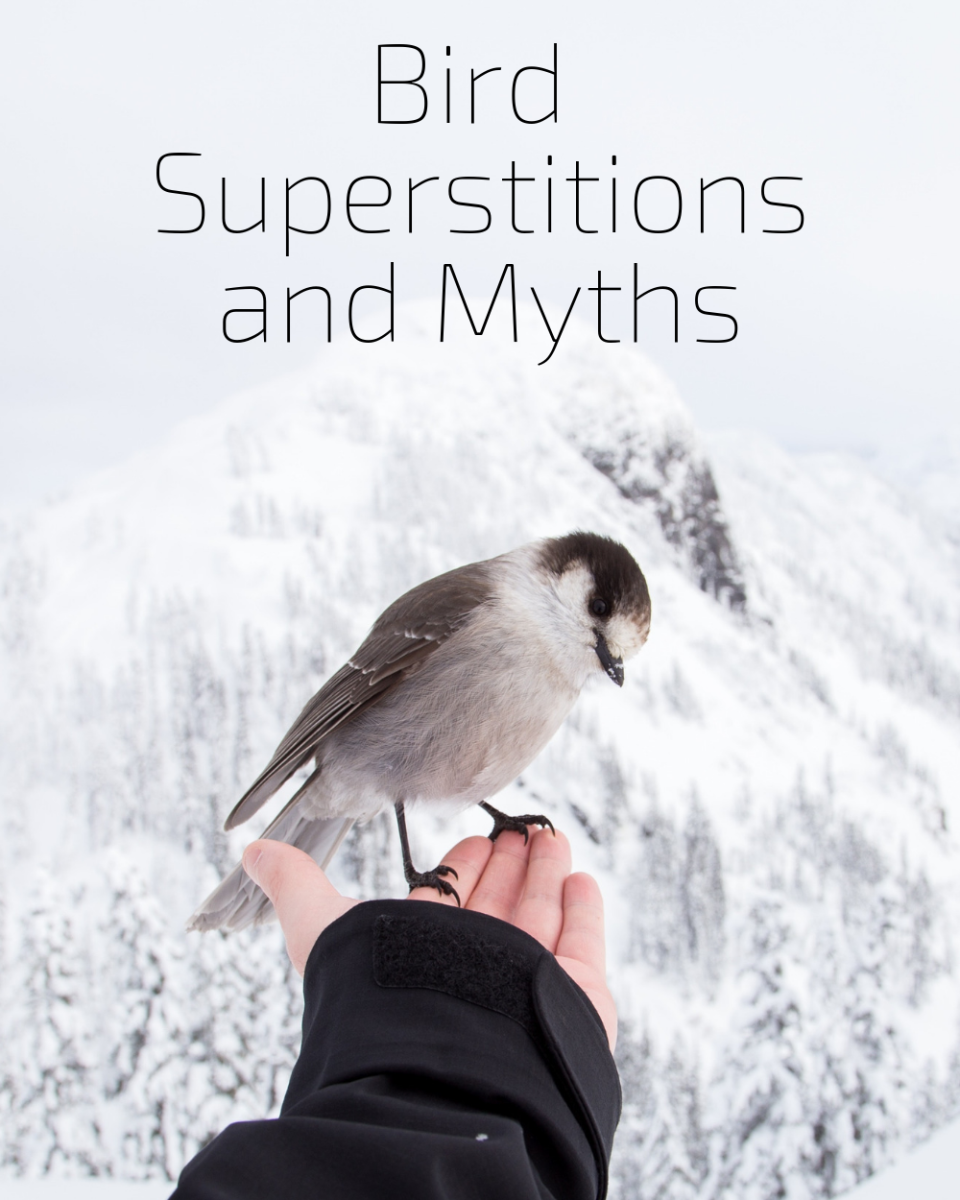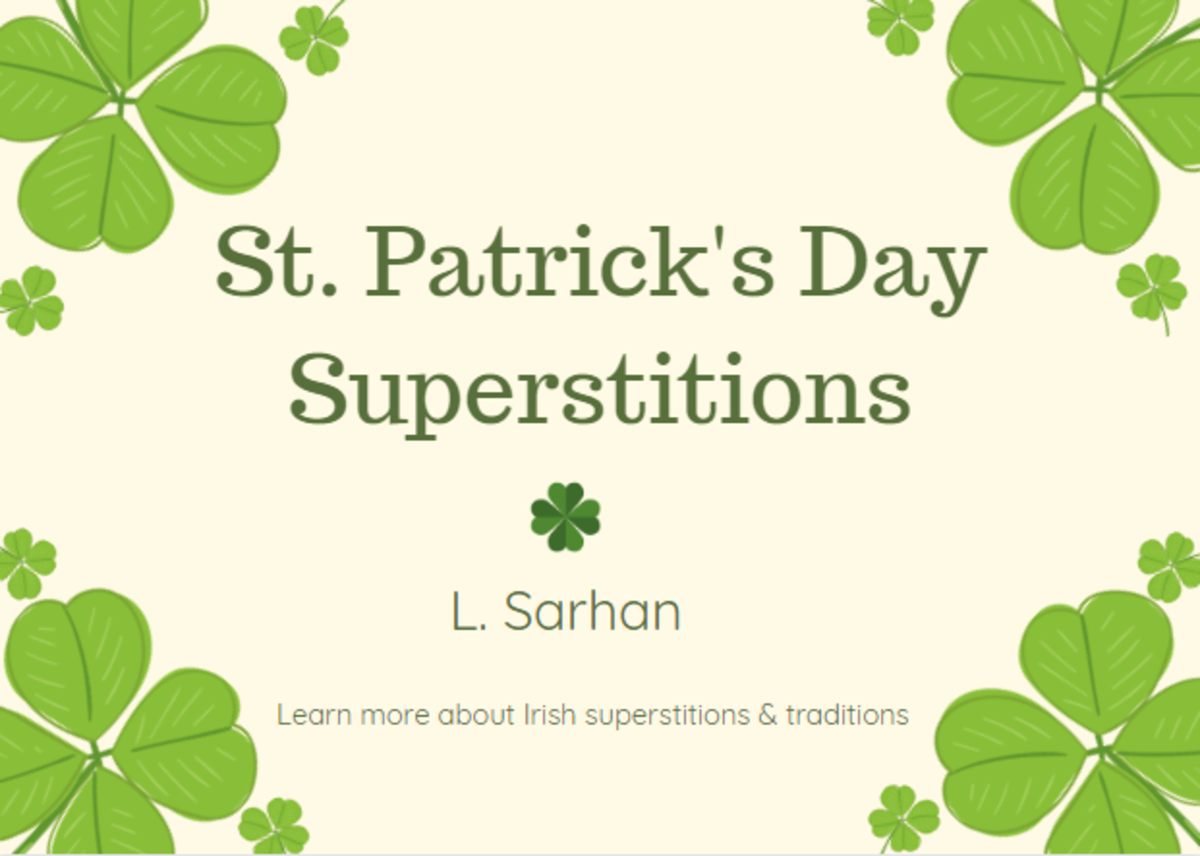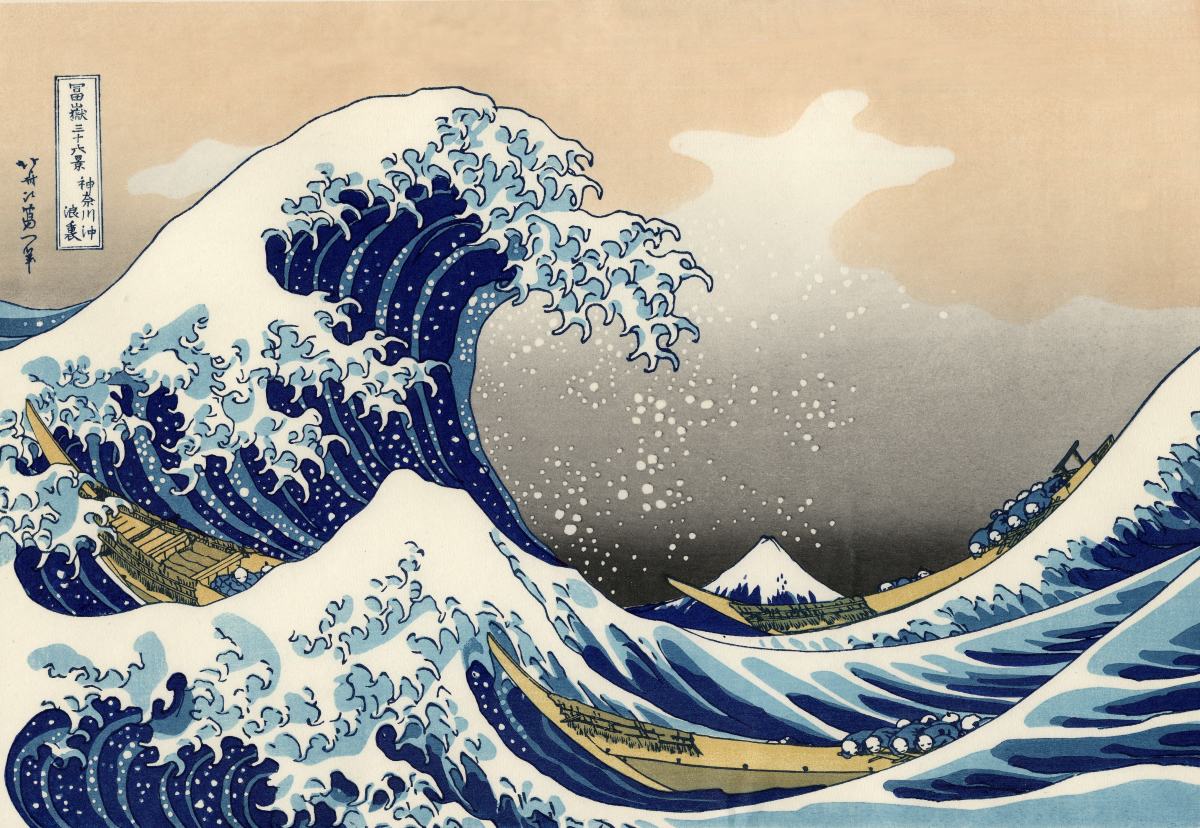Common Superstitions and Myths, Part 1
Even in our very rational, information-oriented society, myths, legends and superstitions abound. We often talk about them and act them out in our daily lives, without realizing their history. Whether or not we believe in the superstitions and myths, they have become ingrained in our culture. Learning about them opens a window into the societies of the past that gave us our cultural foundations.
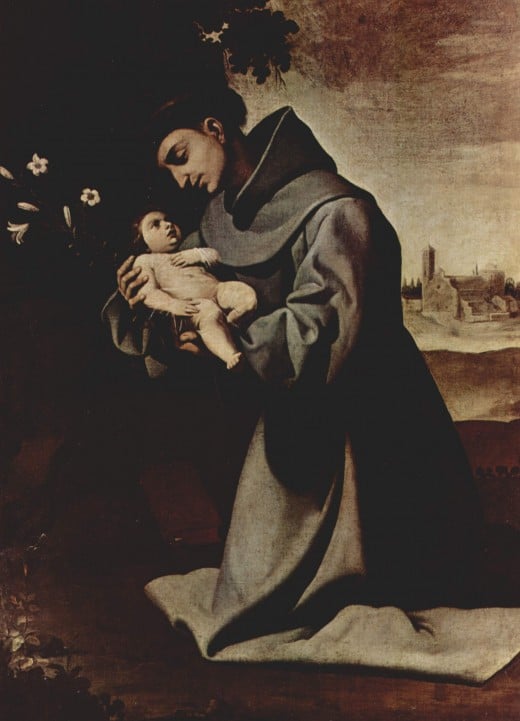
The Number 13
One reason for the prominence of the number 13 is that ancient peoples often used Lunar calendars, which have 12 months plus one smaller month. In Catholicism, thirteen is the number associated with St. Anthony of Padua, the Saint of Lost Things, and in Judaism, 13 is the age at which a boy is considered mature. According to the folklore of the British Isles, there are 13 witches on a coven, or witch gathering. At Jesus’ last supper, there were 13 people sitting at the table. This may be why it is now considered unlucky to have dinner with 12 guests.
Triskaidekaphobia is the fear of the number 13. The Fear of Friday the 13th is friggatriskaidekaphobia. In some Spanish-speaking countries, Tuesday the 13th is considered an unlucky day.
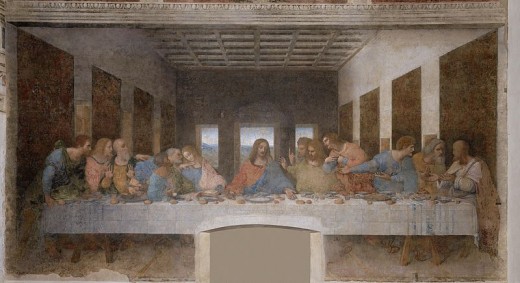
The Flying Dutchman
The Flying Dutchman is a ghost ship in nautical lore that is doomed to sail the seas forever without landing. If you make contact with the ship, they will give you messages to take to shore for people who died a long time ago. This and similar legends have probably been around since the beginning of seafaring, and play on the sailor’s [legitimate] fear of being lost at sea.
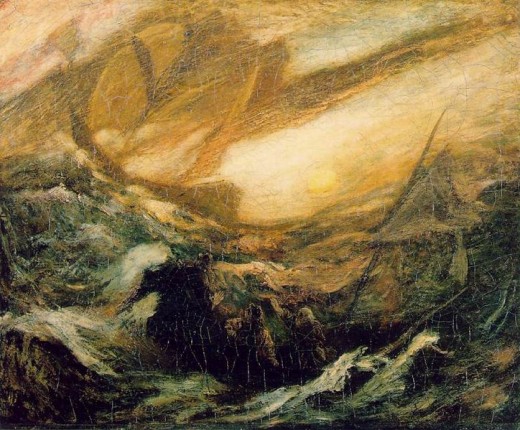
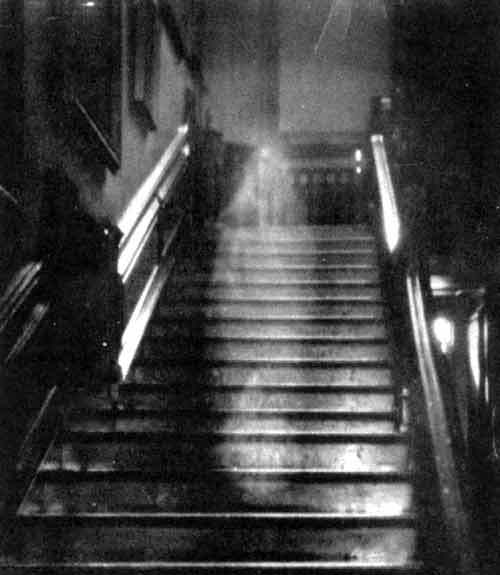
Ghosts
Lore about ghosts in some form or another appears in virtually every cultural group. Many people regard ghosts as pure superstition, but even in developed countries where belief in superstition has greatly diminuished, there is a common belief in and fear of ghosts. Many Amazon rainforest tribes believe that ghosts lurk in dark, dense areas of the forest, where they will ambush people. In Japan, there is a strong superstition that anyone who lives next to a graveyard will die within one year. Our society's continuing fascination with ghosts is visible in T.V. shows such as "Ghost Hunters", and most people know someone who claims to have seen, heard, or felt the presence of a ghost.

The Evil Eye
This is prominent in many Middle Eastern, Mediterranean, and Latin American cultures, and it refers to the power of someone else to do harm to another with black magic, negative thoughts, or jealousy. Many talismans, such as the Hamsa, are used to protect someone from the evil eye. In many Mediterranean and Latin American countries, babies are fitted with an anklet that has an eye painted on it in order to protect the child from sickness. In Ethiopia, women will spit on the ground when they express love for someone, in order to protect that person from envious or malicious onlookers.
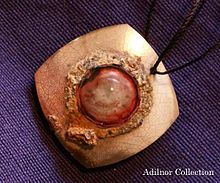
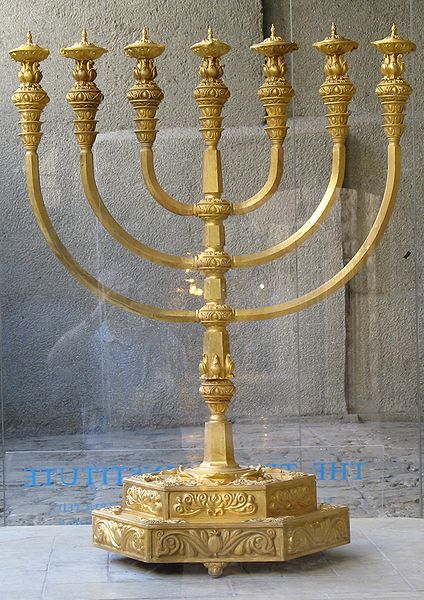
The Number 7
The number 7 is another prominent number in mythology. For example, in the bible, God created the Earth in seven days, and seven appears many more times throughout. In Hindu belief, there are seven basic chakras (energy centers) in the human body. In Islam, there are seven main sins, seven skies, and seven hells. Seven in also highly symbolic in the Jewish Torah, and seven men are called up to read seven sections of the Torah during services. There are also seven branches in one type of menorah.
There are seven lucky gods in Japanese mythology, and in many countries where they speak Romance languages, cats are said to live 7 lives as opposed to 9, as in English. In many European folklores, the seventh son of a family will be a werewolf, vampire, or have other supernatural powers. This is especially true of the seventh son of a seventh son.
- Common Superstitions and Myths, Part 2
Info and history on black cats, breaking mirrors, and more!

